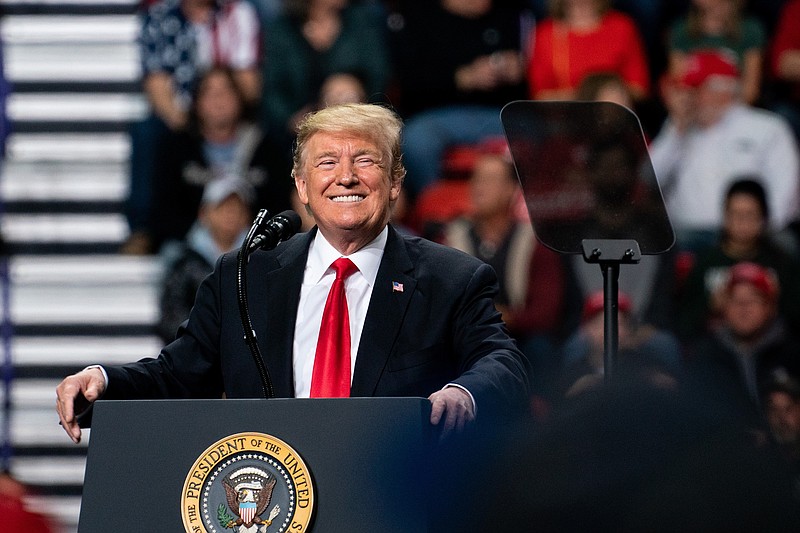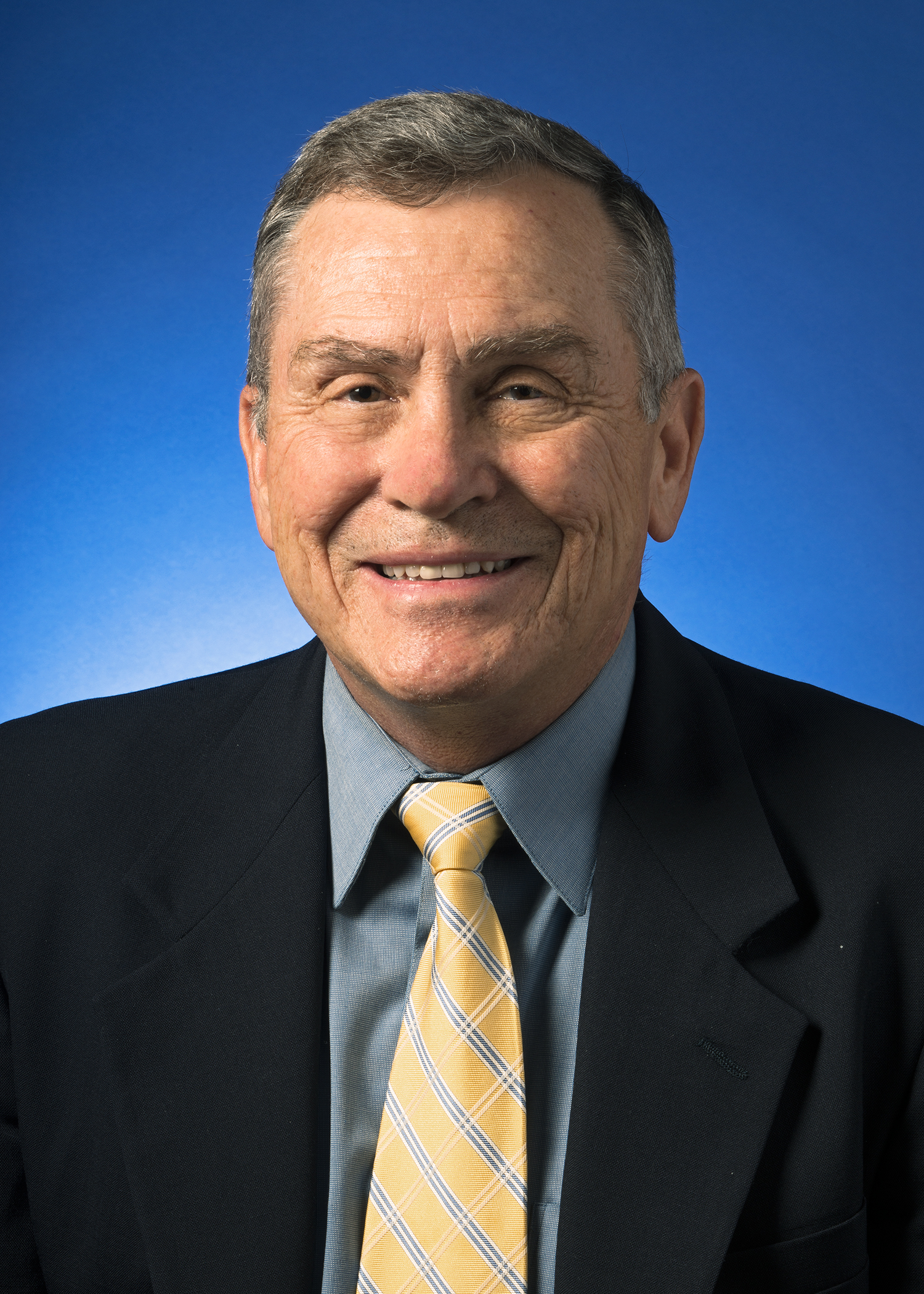On Sept. 30, 1938, British Prime Minister Neville Chamberlain flew to London from Munich after meeting with Adolf Hitler. He and the Fuhrer brokered a peace arrangement that permitted Nazi occupation of Czechoslovakia, but Hitler interpreted the appeasement as a green light to initiate his brutal takeover of Europe.
We reflect on the "Munich Agreement" today and scratch our heads in wonder. Why were the British so naïve when Hitler's aggression was so blatant? British Parliament, the media, and even such notables as Charles Lindbergh and the U.S. ambassador to Great Britain, Joseph Kennedy, thought Hitler could be trusted. When Winston Churchill suggested in a speech to elite students at Oxford University that Great Britain should beef up its military in its response to Nazi aggression, they laughed derisively.
Nevertheless, Churchill refused to go along with the politically correct narrative. Amid howls of protest from fellow Parliament members, many from his own party, Churchill spoke out against the Munich Agreement, "I will begin by saying what everybody would like to ignore or forget but which nevertheless must be stated, namely, that we have sustained a total and unmitigated defeat." Vicious protests drowned his words until order was restored. He concluded, "The utmost he [Chamberlain] has been able to gain has been that the German dictator, instead of snatching his victuals from the table, has been content to have them served to him course by course."
Over the next five months, Churchill was chastised not only by the prime minister and both parties in Parliament, but also by the media and many of his closest friends. However, his harsh criticism of Hitler and the Nazi Party proved prescient. The German Army grew from 690,000 at the time of the Munich Agreement to 2.8 million less than a year later. Hitler not only annexed all of Czechoslovakia but Austria as well. Next, he unleashed a horrifying blitzkrieg against Poland.
Finally, the British realized the threat they faced, and Churchill was elevated to prime minister in June 1940 to lead them through the unimaginable crisis they faced. As one country after another fell before the ruthless Nazi war machine, his country stood alone for more than a year and a half until the United States entered the war in December 1941.
Churchill, like every person, wasn't perfect. He was not a religious man. He drank heavily throughout his adult life. He was often arrogant, condescending, petty, short-tempered and dishonest when it suited him politically. He was blindly driven by ambition. He tenaciously defended his friends, even when they were wrong. For much of his life, he was an unapologetic racist.
However, at a crucial moment he led his people to victory against an evil force, the likes of which history had never witnessed. In June 1940, the British had their backs to the wall. Nevertheless, Churchill resolutely avowed, "We shall fight on the beaches, we shall fight on the landing grounds, we shall fight in the fields and in the streets, we shall fight in the hills. We shall never surrender." In spite of his faults, Churchill was a courageous and patriotic leader.
There are parallels between Churchill and President Trump. Trump has lots of flaws, all well-documented. Trump also possesses Churchillian courage, wisdom and foresight, honed by many years of hard knocks in the real world outside Washington. Most of all, he is an unabashed patriot who recognizes, as Churchill said, one should "never confuse leadership with popularity."
He can lead effectively as he has for two years. Will our citizens allow him to continue, or will the political elite's hatred of him (and those who elected him) destroy us all?
Roger Smith, a local author, is a frequent contributor to the Times Free Press.

